September 9, 2025 | 19:35 GMT +7
September 9, 2025 | 19:35 GMT +7
Hotline: 0913.378.918
September 9, 2025 | 19:35 GMT +7
Hotline: 0913.378.918
On September 9, the Management Board for Agricultural Projects (Ministry of Agriculture and Environment-MAE) in collaboration with the German Agency for International Cooperation (GIZ) held the kick-off meeting for the project “Agri-photovoltaics for rural areas Vietnam (Agri-PV).” The project is funded by the Federal Ministry for Economic Cooperation and Development of Germany (BMZ).
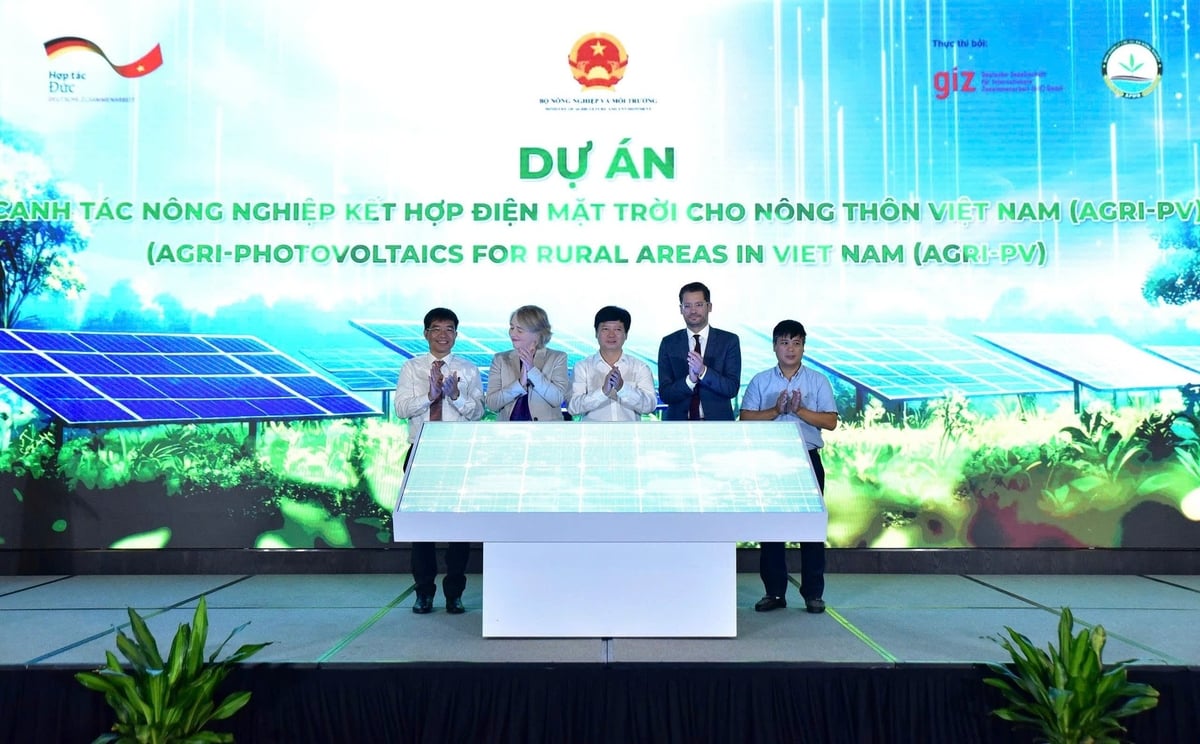
Official launch of the project “Agri-photovoltaics for rural areas Vietnam (Agri-PV)” for the period 2025–2027. Photo: Kieu Chi.
In his opening remarks, Mr. Pham Ngoc Mau, Deputy Director General of the International Cooperation Department (MAE), stated that Agri-PV is the first agricultural photovoltaics project in Vietnam. The project aims to foster the development of photovoltaics models within farming systems on agricultural land, with a focus on promoting gender equality, increasing farmers’ incomes, and advancing the energy transition.
“This model brings dual benefits: producing clean energy while supporting agricultural production,” he emphasized.
MAE expects GIZ to mobilize its team of experts and international experience to develop photovoltaics for agriculture further. The Management Board will make use of existing models, adapt them for greater efficiency, and work towards establishing a multidisciplinary pilot project.
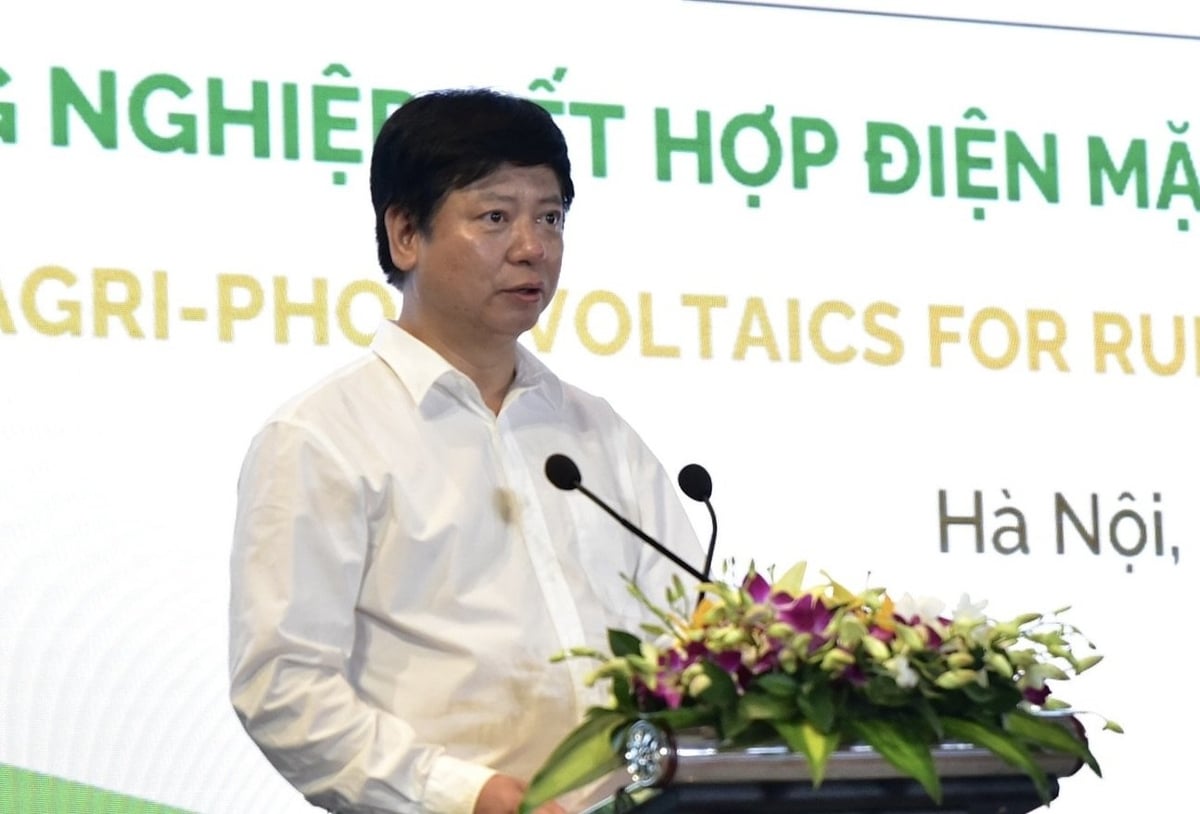
Mr. Pham Ngoc Mau, Deputy Director General of the International Cooperation Department (MAE), delivered opening remarks at the meeting. Photo: Kieu Chi.
According to Mr. Nguyen The Hinh, Deputy Director of the Agricultural Projects Management Board and Director of the Agri-PV Project, photovoltaics has developed rapidly in Vietnam in recent years. In 2019, installed capacity was only 272 MW, but by the end of 2024, it had exceeded 16 GW. Projections indicate growth to 22 GW by 2030 and 168 GW by 2050.
The Agri-PV project aims to implement at least 10 agricultural photovoltaic models. These pilot models will provide valuable experience demonstrating that farmers can benefit from integrating agricultural production with solar power. In addition, 65% of the 20 policymakers and stakeholders in the farming photovoltaics sector are expected to strengthen their knowledge of the current state of development.
Mrs. Sonja Esche, Head of Agriculture and Climate at GIZ Vietnam, affirmed: "Photovoltaics in agriculture is not just about installing panels in the fields. It is about creating synergy between two systems, optimizing both energy and crops to maximize yields while ensuring efficient electricity generation."
In practice, scaling up agrivoltaics faces major challenges. There are no specific policies in place to promote and develop agricultural solar farming in Vietnam. At the same time, gaps exist in knowledge and technical capacity: the concept of agrivoltaics has not yet gained consensus, research remains fragmented with a lack of reliable pilot data, and stakeholder capacity in this field is still very limited. Moreover, nationwide data on existing models has yet to be systematically compiled.
"Therefore, the project has received strong attention from GIZ and MAE, as it seeks to tackle both policy and technical issues simultaneously," said Mr. Nguyen The Hinh, Director of the Agri-PV Project.
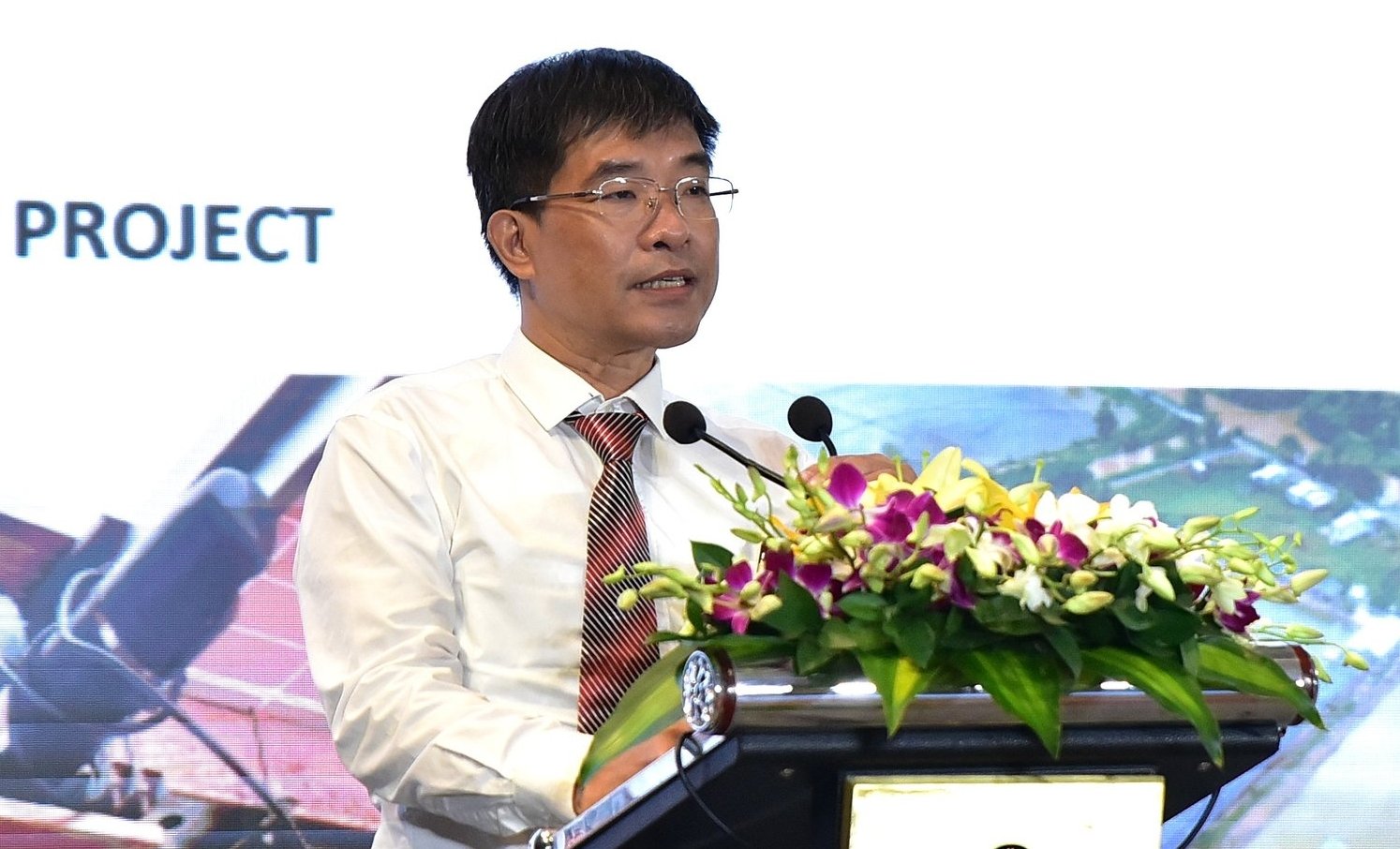
According to Mr. Nguyen The Hinh, Director of the Agri-PV Project, MAE aims to expand the land area used for solar power. Photo: Kieu Chi.
To realize its objectives over the three-year implementation period, the project will focus on assessing the current status and potential for developing agrivoltaics in Vietnam, thereby providing tailored advice on suitable models and development strategies. In addition, it will strengthen capacity, deliver advisory services to stakeholders, and mobilize resources, contributing to agricultural transformation as well as Vietnam’s commitments to a just energy transition, Net Zero, and NDC 3.0.
Dr. Michaela Baur, Country Director of GIZ in Vietnam, emphasized that with over 30 years of presence in the country, GIZ has technical expertise in implementing projects in renewable energy and agriculture, particularly in fostering public-private cooperation among government agencies and local authorities in legal consultation and regulatory framework development.
"In the field of agrivoltaics, Germany has already piloted projects together with Thailand, India, and Brazil. Emerging economies can exchange policies and learn from one another under this project," Dr. Baur affirmed.
The Agri-PV project consists of four components, to be implemented from 2025 to 2027:
Assessing the current status and potential for developing agricultural solar power (Agri-PV) in Vietnam.
Providing advice on suitable Agri-PV models and development strategies for Vietnam.
Strengthening the capacity of stakeholders including women and vulnerable groups in implementing farmer-friendly Agri-PV models.
Mobilizing resources for the development of Agri-PV in Vietnam for Vietnamese partners.
Translated by Kieu Chi
/2025/09/09/2930-3-152452_634.jpg)
(VAN) Acting Minister Tran Duc Thang welcomed the Oregon House of Representatives delegation to discuss cooperation on agriculture and environment, trade promotion, and resource management.
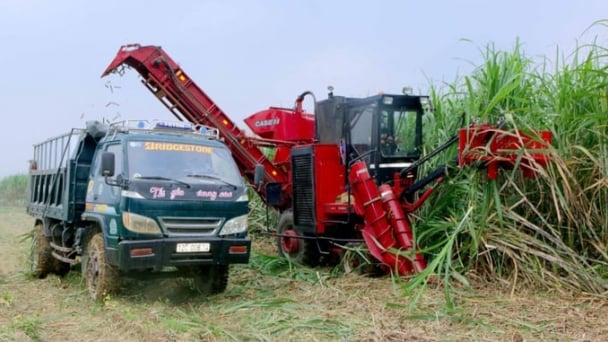
(VAN) The 2024–2025 sugarcane season has seen strong harvests and favourable prices in many regions, yet paradoxically the domestic market continues to face pressure from imported sugar.
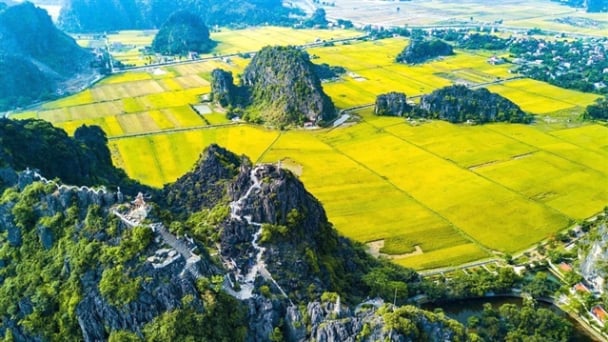
(VAN) This is the first time that Vietnam will host the 8th Asian Organic Congress, to exchange on policies, markets, organic farming practices.

(VAN) Chemists at the University of Copenhagen have developed a method to convert plastic waste into a climate solution for efficient and sustainable CO2 capture, thereby addressing not one, but two major global challenges.
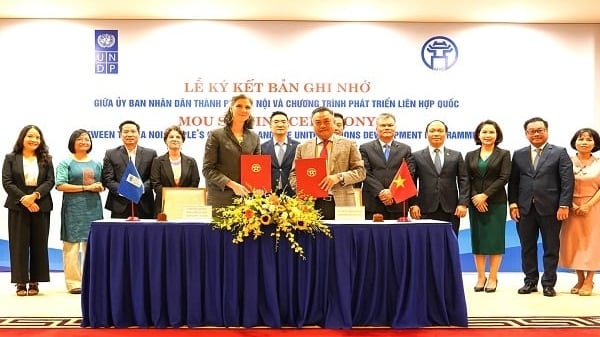
(VAN) The Hanoi People’s Committee and the United Nations Development Programme (UNDP) signed a memorandum of understanding, reaffirming their commitment to expand cooperation across six areas.
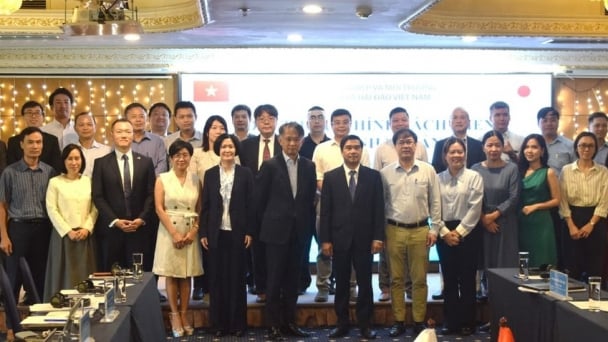
(VAN) Policy dialogue on the marine economy is an opportunity for Vietnam, Japan to exchange experiences on policies for managing and developing a blue economy.